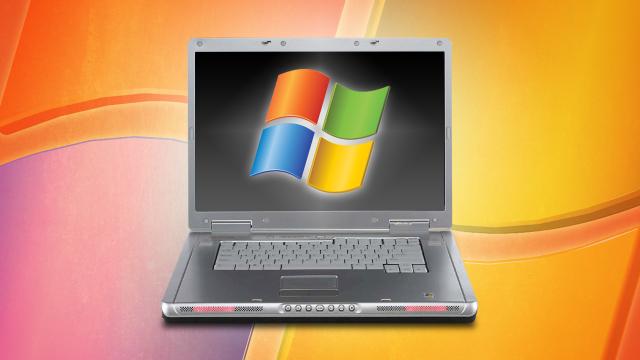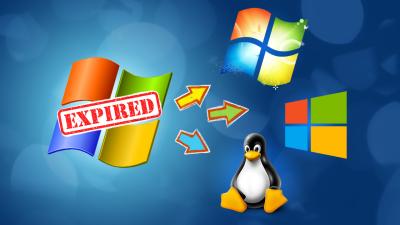windowsxpends
-
Open Source Alternatives For Windows XP
As the sun sets on Microsoft’s support for Windows XP this may be a great time to think about trying out a Free and Open Source Software (FOSS) operating system for your still-working PC.
-
Ask LH: What Happens When Windows XP Support Ends?
Hey Lifehacker, So we are now days away from Windows XP reaching the end of service. I don’t believe there has ever been a situation where so many computers will be left vulnerable in this way. It has more than 10 times the market share Windows 98 had when support ended for it. This is…
-

Ask LH: What Should I Do With My Old Windows XP Laptop?
Dear Lifehacker, I have an old laptop running Windows XP, and I love it. I’ve upgraded my other machines to Windows 7 and 8, but this laptop is too old to do so. Now I’m hearing Microsoft will stop issuing any updates at all for XP next year. What does that really mean? What will…
